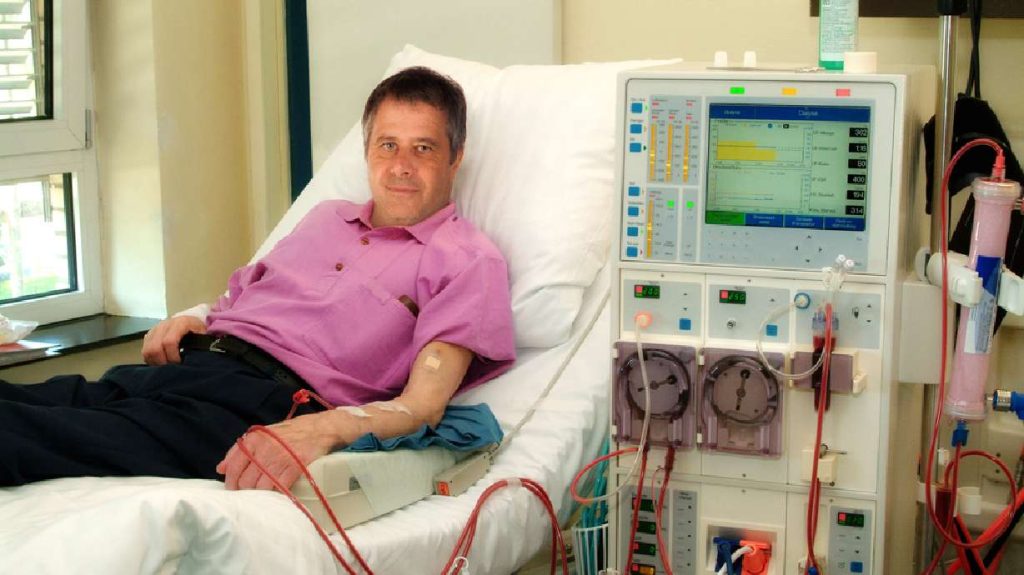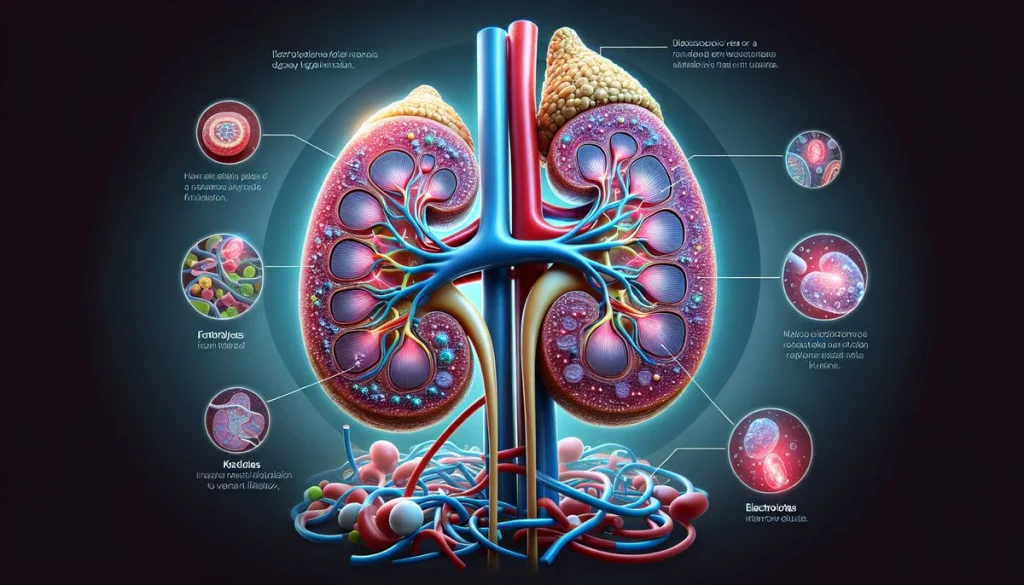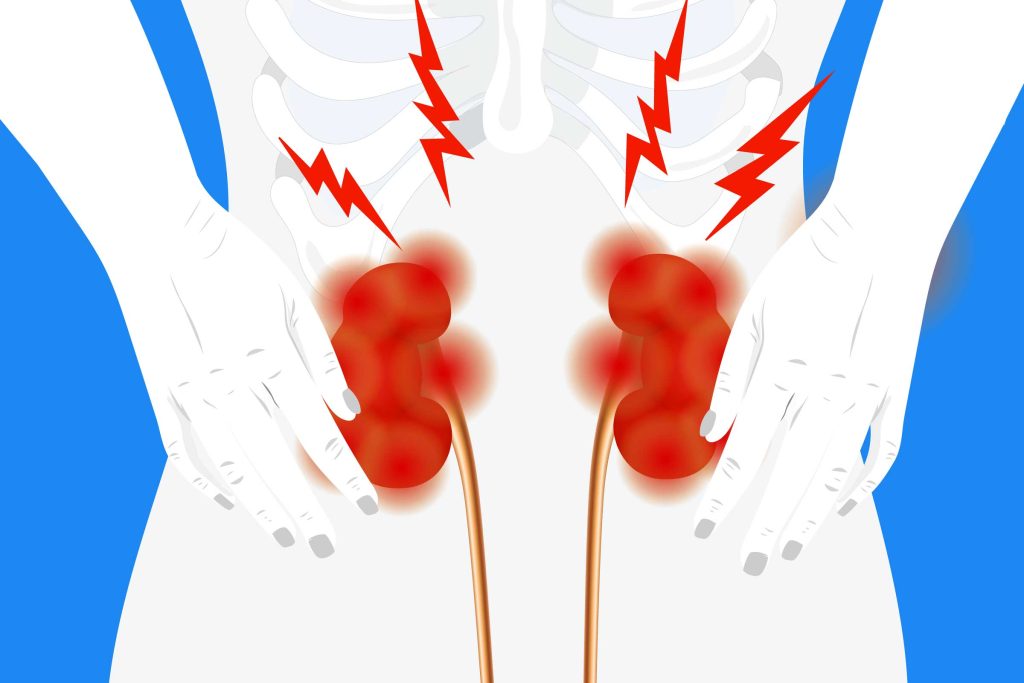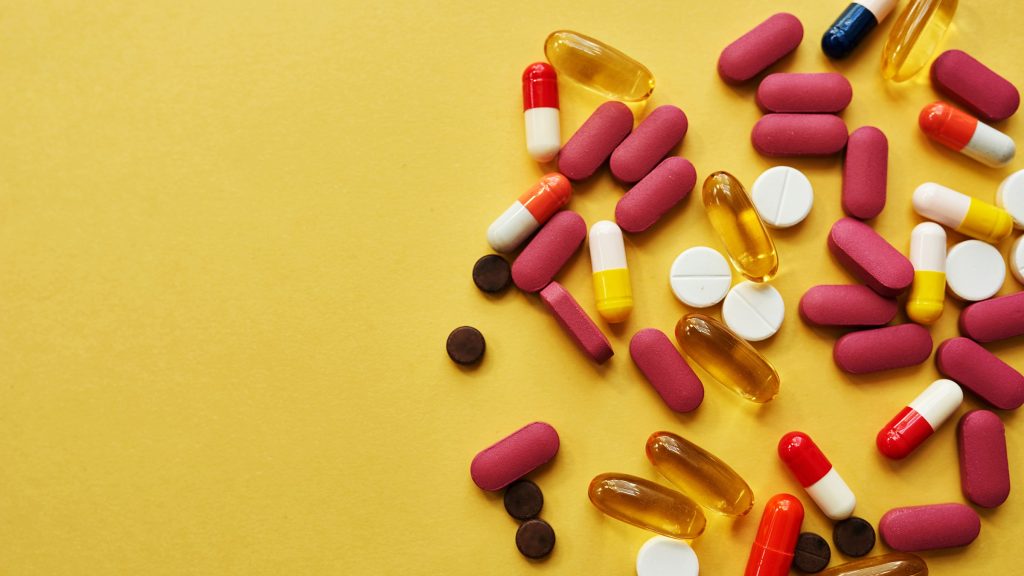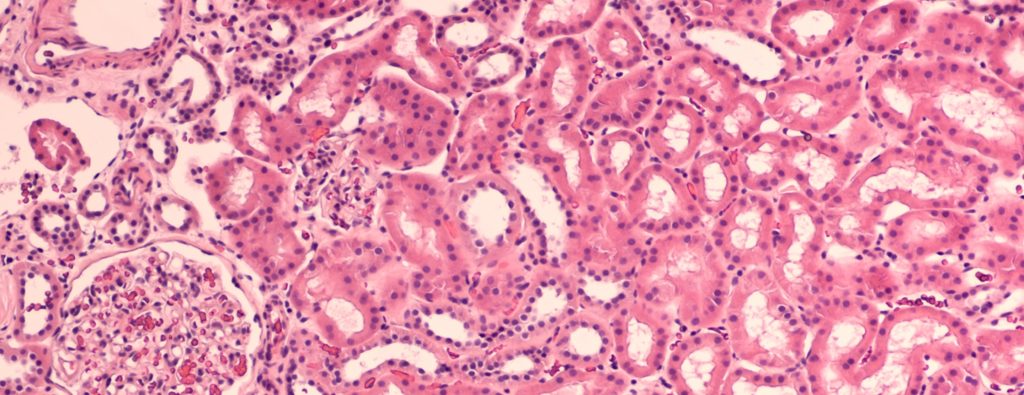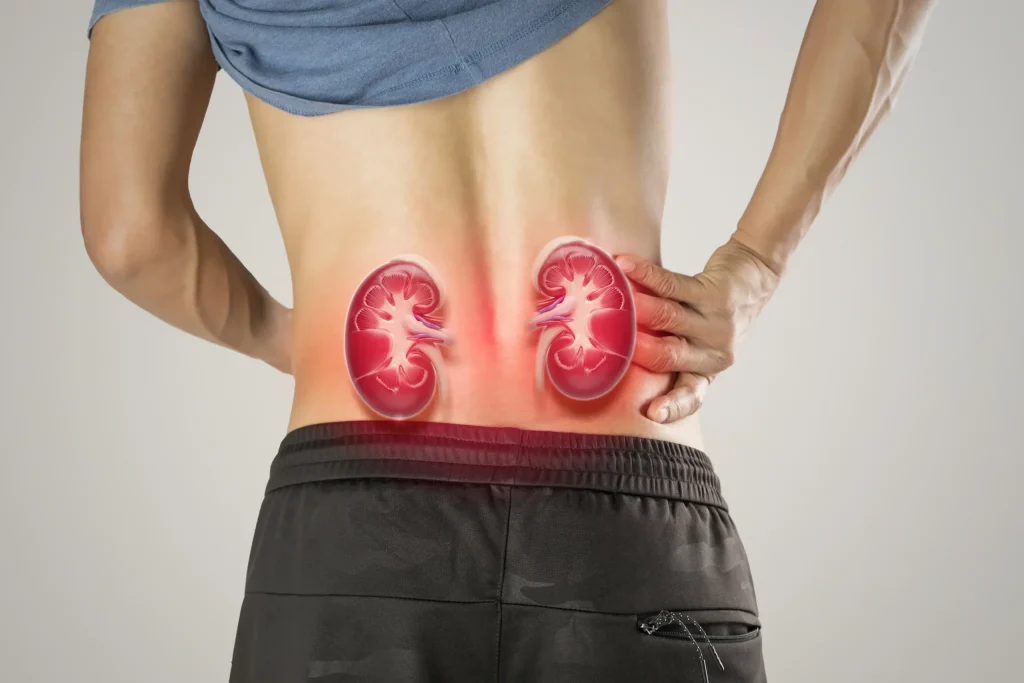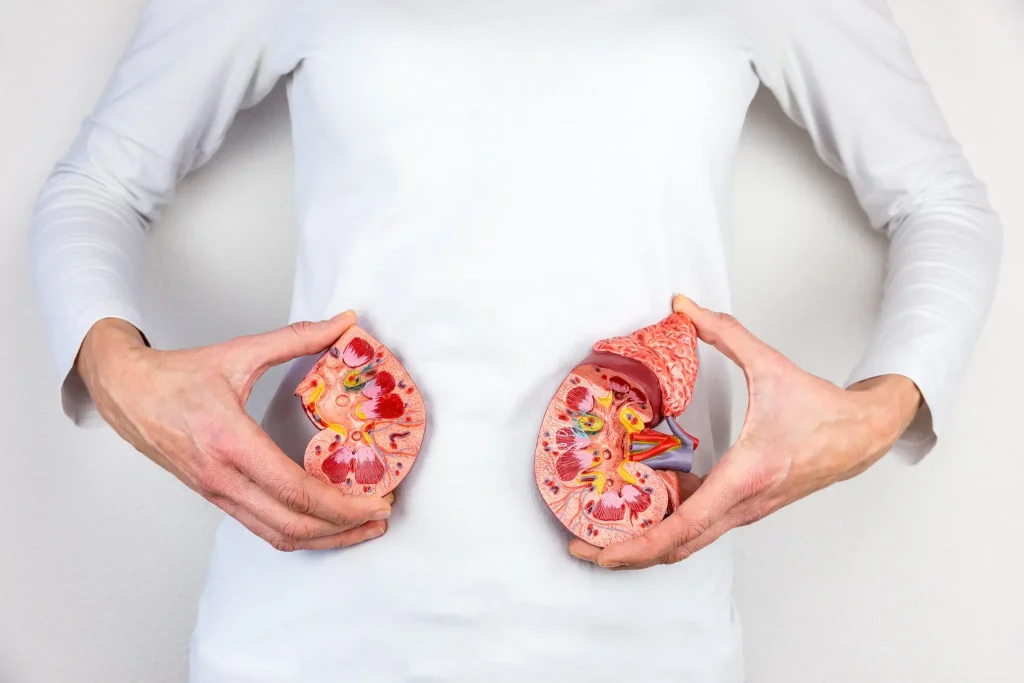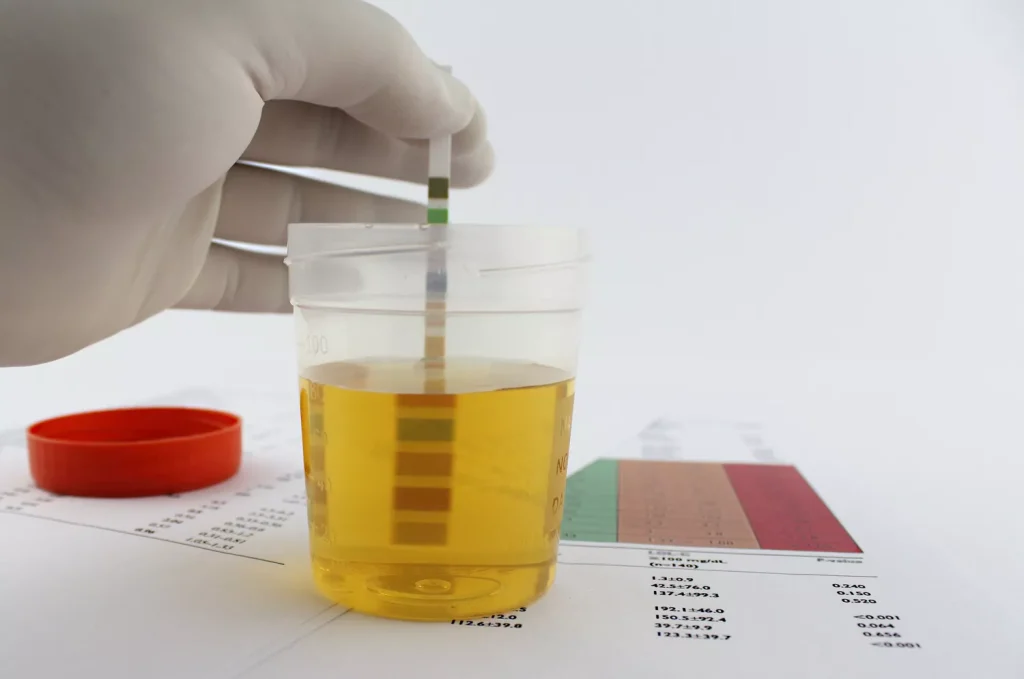Foods That Support or Strain Your Kidney Health
Kidneys work silently, filtering blood nonstop. Most people notice them only during problems. Small dietary habits accumulate effects over years. Salt, protein, and hydration shape kidney workload daily. According to our editor’s health desk reviews, diet influences kidney resilience more than many expect. Awareness brings control back to daily choices. Let’s explore what helps and…
Read more


